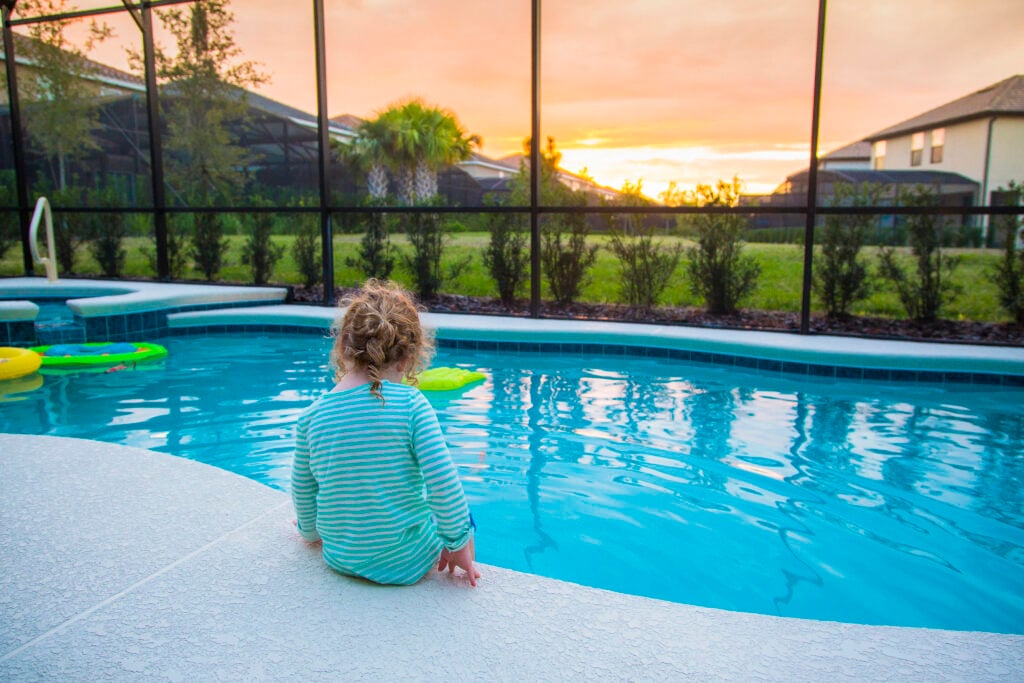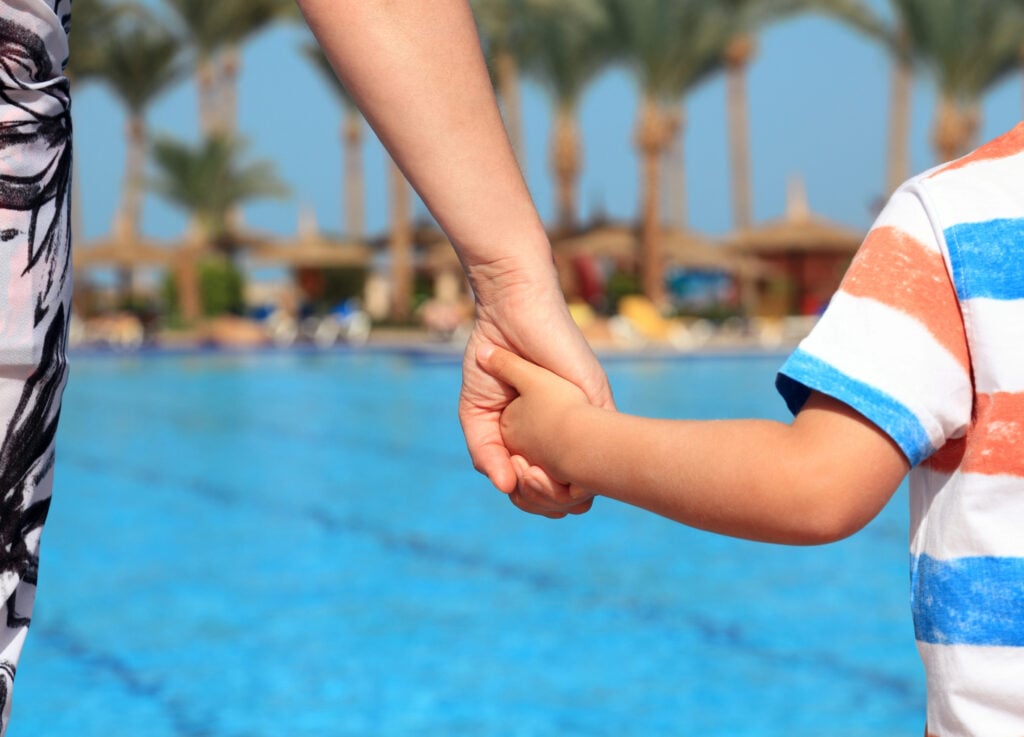
Emilie Kiser used her social media channels to share many details of her life with her husband Brady and their sons, 3-year-old Trigg and his younger brother, Theodore.
Then, tragedy struck. After Trigg was found in the family’s pool, and succumbed to his injuries days later, Kiser filed a lawsuit to keep the details of the child’s death private from prying eyes.
Now, her statement from that lawsuit has been made public, and the decision she will “forever second-guess” isn’t the one that many social media followers would have expected.
The Toddler Was Home With His Dad On The Fateful Day
On May 12, Brady Kiser was home with his sons. He said Trigg was out of his sight for a few brief minutes, though police later reported that the child was in the backyard for “more than 9 minutes,” with 7 of those minutes in the water.
When Emilie Kiser filed her lawsuit to keep the details of her child’s death private, she cited her younger son’s comfort as a reason. If Theodore, called Teddy, searches the internet when he’s older, details of his brother’s death could be distressing to find.
With this lawsuit, she gave a statement in which she indicated that there are multiple decisions she’ll second-guess for the rest of her life, but named one of them specifically, according to People Magazine:
“I was not home when this happened. I will forever second-guess that decision, among many others.”
The Public Has Opined On Other Decisions She Made
Kiser had a social media influencer platform with links out to various products and online shops. She had plenty of fans who followed her TikTok, YouTube, and Instagram, and left comments on her posts telling her how great she looked postpartum, or opining that the newborn already looked similar to his older brother.
However, others have weighed in on the damages of influencer culture and the privacy invasion of putting kids’ lives online in a public forum. “Content kids” have grown up to express their frustration with having strangers know their personal experiences and with being used by their parents to make monetized content.
Kiser acknowledged that she had put much of her children’s lives online publicly, and shared that strangers had felt entitled to access her family during tragedy, with cars pulling up outside her home as people tried to catch a glimpse, or even a photo.
Another aspect of this is that her social media followers have seen her pool. They’ve seen shots of her by the pool, Trigg sitting on the edge of the pool, and of her pool through the sliding glass doors — and they have asked why a fence for safety doesn’t surround the pool.
Back in May, Rolling Stone even reported that an unsubstantiated rumor was being spread that Kiser chose not to fence the pool in because a fence wouldn’t be as pretty in videos.
The backlash has been so severe that other influencer moms reportedly say they’ve reconsidered how much they share, because if something ever happened to their child, they wouldn’t want the level of attention the Kisers were receiving.
Meanwhile, the mourning mother has turned off or limited comments on her social platforms and has ceased posting.
What Can Other Parents Take From This Tragedy?

It’s easy to see what other parents are doing wrong and to point fingers. It’s easy to sit in a comment section and discuss the fence, or distracted parenting, or dads doing childcare, or exactly how much kids should be shown on social media.
It can be hoped that parents are taking this loss not as a chance to attack another mother, but to look at their own home and focus on improving safety precautions.
If you have a pool, you know that safety (and likely law) requires a fence around it to protect your children and others. Other standing water (ponds, ditches, tubs, car wash buckets) can also be dangerous, and parents should take proper precautions.
Every parent gets distracted at times. It may be because there’s a smaller child who needs a diaper change, or because the parent needs a bathroom break, or for any number of other reasons. We should all be aware of the dangers and risks in the areas where our children play, and take the best steps we can to mitigate those risks.
And yes, every parent should evaluate exactly how much information about their children it’s appropriate to put online. Every parent may reach different conclusions, but consider what you’re sharing, how publicly you’re sharing it, and how your kids may feel about it both now and later.

